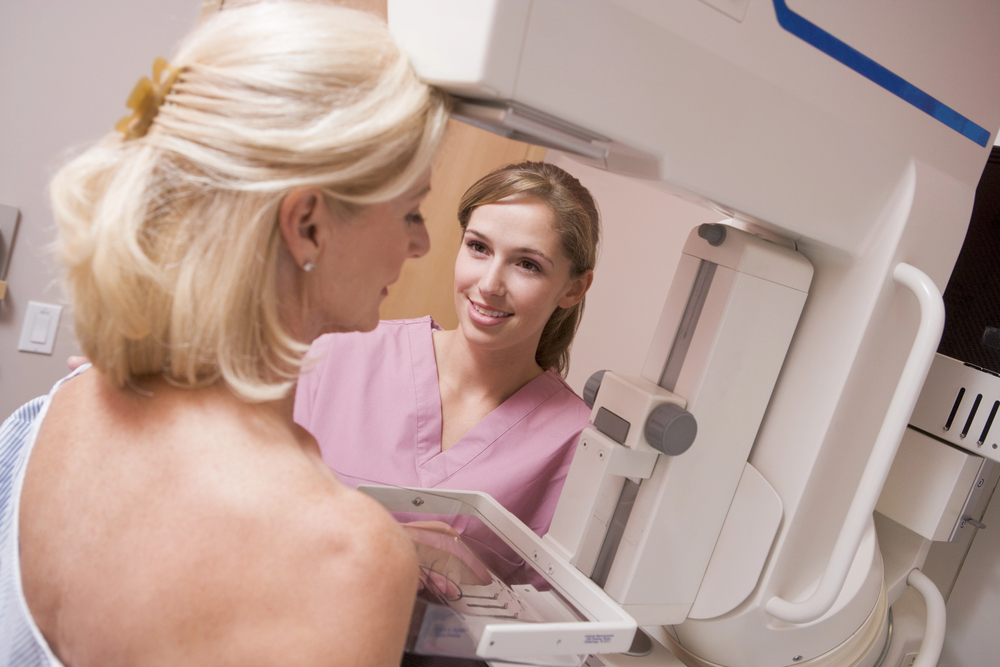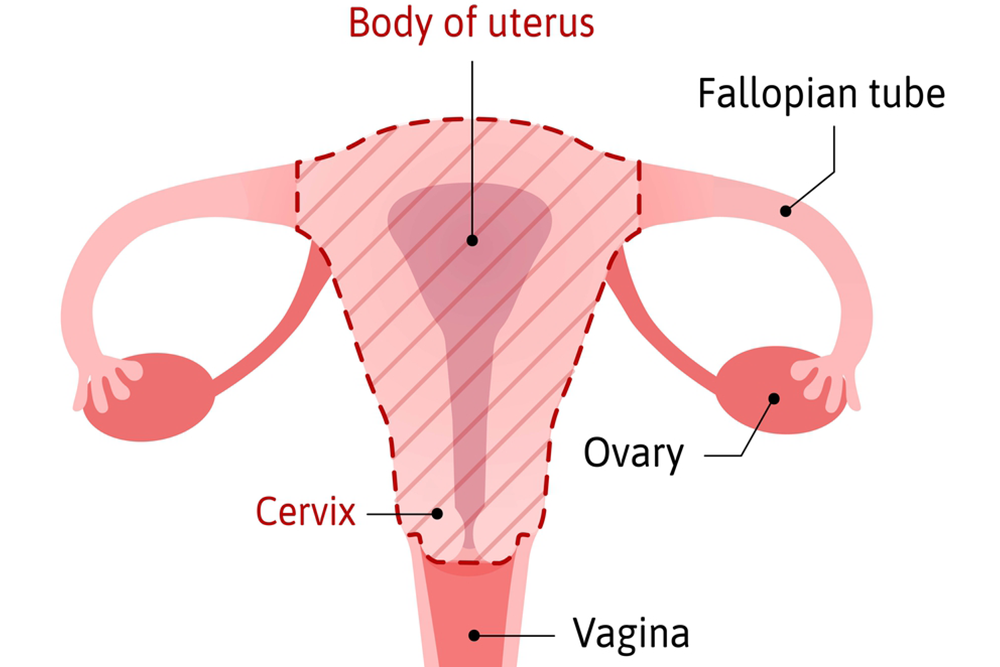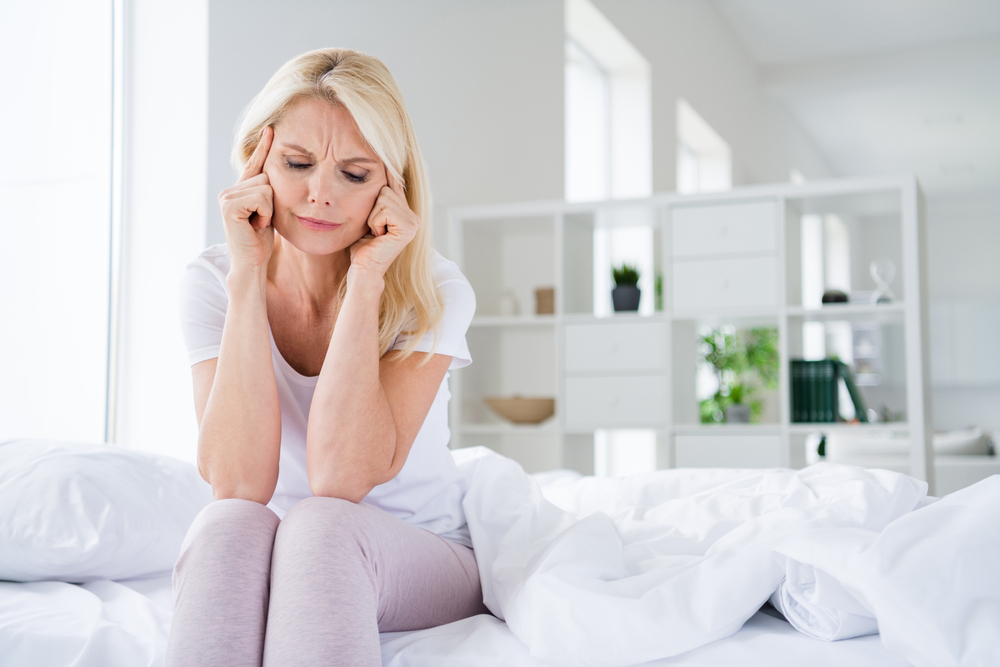
Understanding Your Mammogram Results
Interpreting mammogram results can be an emotional and confusing process for many women. These results...
Read MoreOsteoporosis is a chronic condition that develops when your bones become weak and brittle. It affects millions of people worldwide, but it’s especially common among women during and after menopause.
In fact, 1 in 2 postmenopausal women has some degree of osteoporosis, making them more susceptible to fractures and related complications. That means if you’re in menopause or postmenopausal, it’s important to take care of your bones to protect your health.
Our team at The Women’s Center is here to help. With offices throughout the Orlando, Florida, area, we work with women to understand their risk of osteoporosis and why it’s so common during and after menopause.
Your bones are made primarily of collagen and calcium. Bones are alive, which means they’re constantly breaking down and rebuilding.
When you’re young, your body produces more bone tissue than it breaks down, resulting in strong bones. However, as you age, this process slows down. Your body starts breaking down more tissue than it produces, which can result in weaker, more brittle bones — and osteoporosis.
Certain factors can accelerate bone loss. Lifestyle habits, like smoking and excessive alcohol consumption, can make osteoporosis worse. Smoking reduces bone density and increases your risk of fractures, while alcohol can interfere with your body's ability to absorb calcium.
Genetics also plays a role. You may be more likely to develop osteoporosis if you have a family history of the condition. Additionally, women who are small-boned or have a slender frame may have a higher risk of osteoporosis, as they have less bone mass to begin with.
Despite other risk factors, changes during and after menopause are one of the biggest causes of osteoporosis. That’s because during menopause, women experience a significant decline in the levels of the hormone estrogen.
Estrogen plays a crucial role in bone health. It helps to maintain bone density and prevent bone loss. When your estrogen levels drop, your bones may lose calcium and other minerals at a faster rate, leading to osteoporosis and a higher risk of fractures.
Women typically reach menopause in their 40s or 50s, and this is when the risk of osteoporosis starts to increase. In fact, women can lose up to 20% of their bone mass in the first few years after menopause.
This rapid bone loss can be alarming, but there are steps you can take to reduce your risk of osteoporosis and maintain strong bones.
Osteoporosis is extremely common during and after menopause, but that doesn’t mean weak bones and fractures are inevitable. Our team at The Women’s Center specializes in osteoporosis care to help you lower your risk.
We recommend dual-energy X-ray absorptiometry (DEXA) scans to measure bone density and assess your risk of osteoporosis. This noninvasive screening takes about 15 minutes, and it gives us valuable insight into your bone health.
Treatment for bone loss and osteoporosis generally includes a combination of dietary and lifestyle changes, along with medication if necessary.
A healthy diet rich in calcium and vitamin D is essential for strong bones. Calcium is a key building block of bones, and vitamin D helps your body absorb calcium. If you can’t get enough calcium and vitamin D from your diet, you may benefit from nutritional supplements.
One of the most effective ways to fight bone loss is through regular exercise. Weight-bearing exercises, like walking, jogging, and strength training, can help you build and maintain bone density as you age.
Going through menopause increases your risk of developing osteoporosis, but there’s a lot you can do to protect your bones and your overall health.
To learn more about bone health as you get older, schedule an osteoporosis consultation at The Women’s Center. Call the office nearest you or request an appointment using online booking today.




Interpreting mammogram results can be an emotional and confusing process for many women. These results...
Read More
Hysterectomy, a surgical procedure involving the removal of the uterus, is often considered a last...
Read More
Menopause marks a significant transition in a woman's life, bringing about various changes that can...
Read More